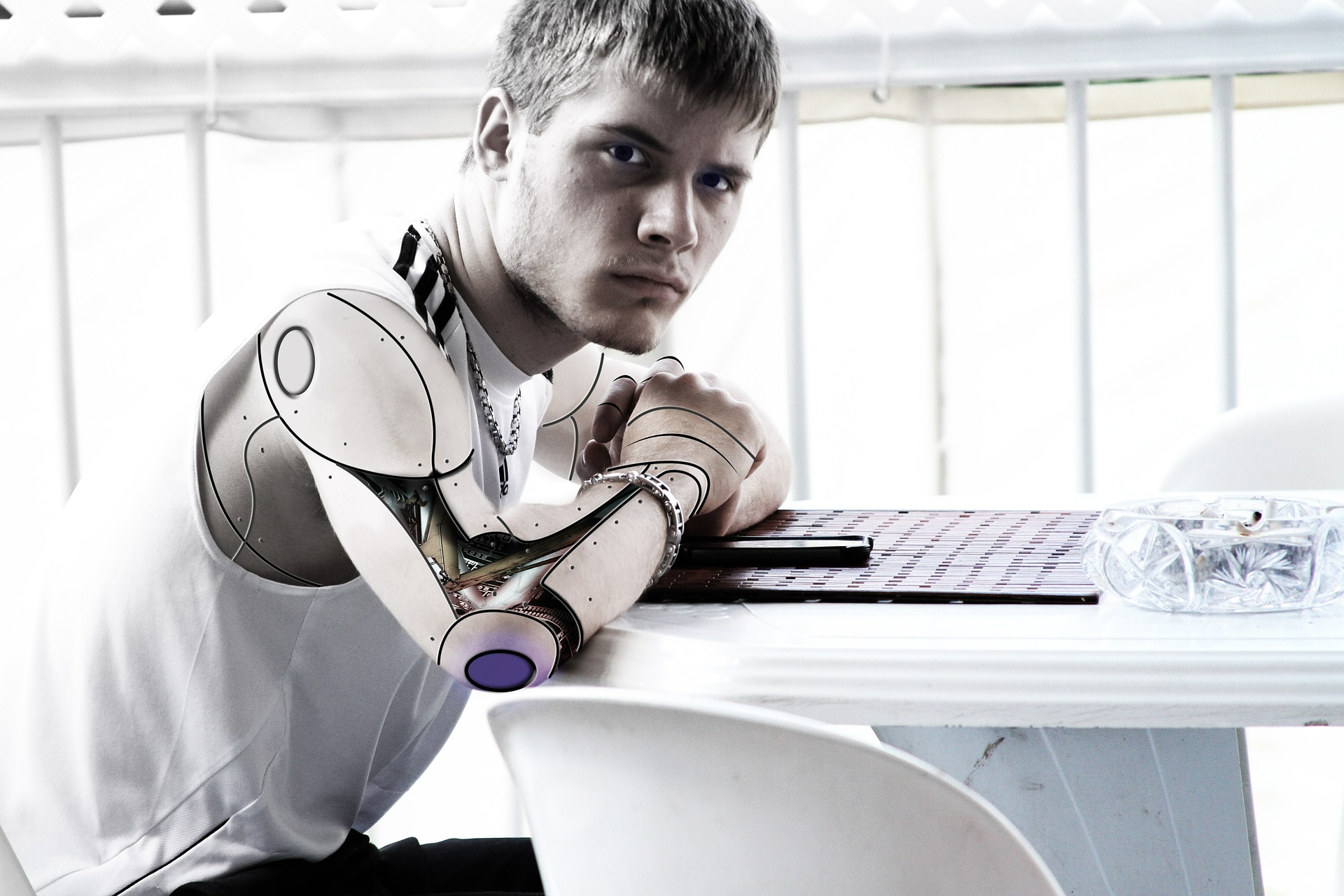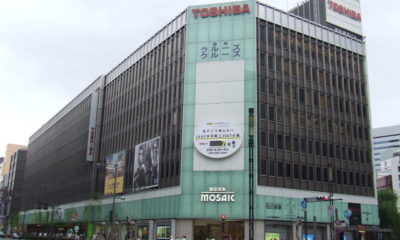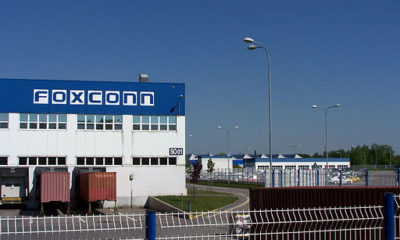
In what the World Economic Forum calls the “fourth industrial revolution,” we’re seeing a change in the way we work forever. Advances in artificial intelligence, IoT technology, robotics, nanotechnology, and other areas could soon see humans redundant in the workplace.
As soon as 2020, traditional businesses and positions will experience “widespread disruption.”What does that mean to you? That if you’re not prepared for the threat of tech disruption, then it’s about time you sat up andpaid attention.The skills needed to compete and succeed in this new technologically dominated environment are changing.
Not Replaced, But Displaced
Technology has often made its repercussions felt throughout traditional industries. But while computers were set to replace people in the workplace, what we saw instead was a rising need for programmers, developers, designers and people retraining themselves on how to use these intelligent machines. Not so much replaced, as displaced.
If it was your job to manually write down patients’ details in a diary, you had to learn to manage an Excel instead, for example.
But the fourth industrial revolution poses a greater threat to humanity than ever before, with AI seriously challenging the need for humans in certain positions. Those at greatest risk of being replaced by robots are white-collar office workers,in administrative roles.From digital marketers becoming obsoletethanks to big data and predictive marketing, to human receptionists being passed over by automation.
In December of last year, the Nanyang Technological University in Singapore designed the most human-like receptionist ever. A robot that can make eye contact, meet and greet and even store data on previous customers and generate conversations based on the information.
Financial analysts and lawyers are no longer safe either. Technology that once was an aid to their work is getting smarter every day, threatening to replace them. After all, who wants to pay huge amounts to a law firm or financial advisor, if they can get the information in a fraction of the time and cost?
We’re all used to seeing less store clerks in large supermarket chains, with more and more self-service check-out desks appearing, and bank tellers have almost disappeared, thanks to convenient ATMs.
There’s still a strong case for the need of a human touch in many areas though. After all, it’s arguable as to whether a robot could fight your case in court. Furthermore, humans are still capable of something that robots are not – and that’s being human.
Translation is another example of an industry fast being populated by machine-based tools. But computerized technology can’t understand context or cultural differences in the way that human translations can. And they can’t go back and correct their work. Not yet anyway.















Facebook
Twitter
Pinterest
Google+
LinkedIn
Email